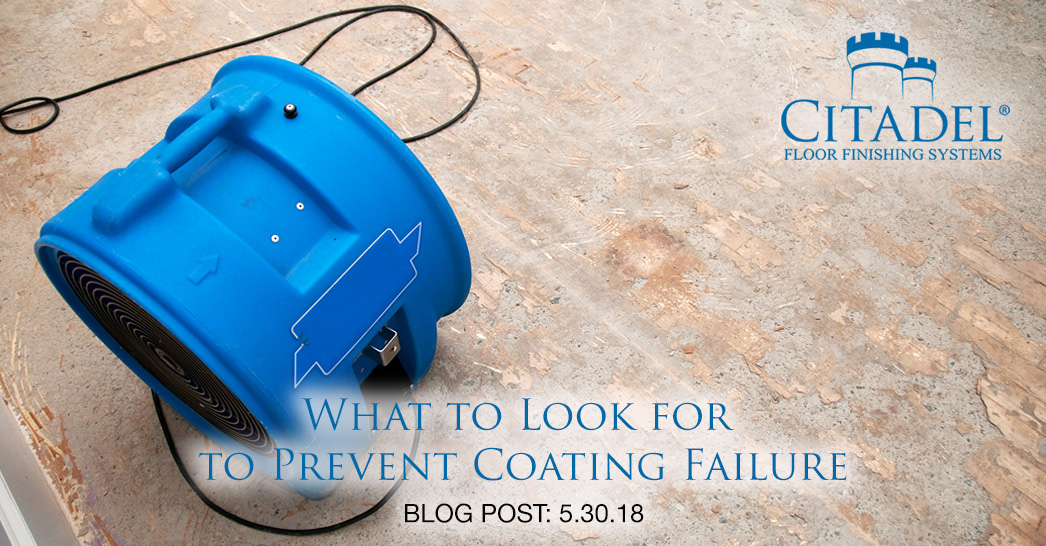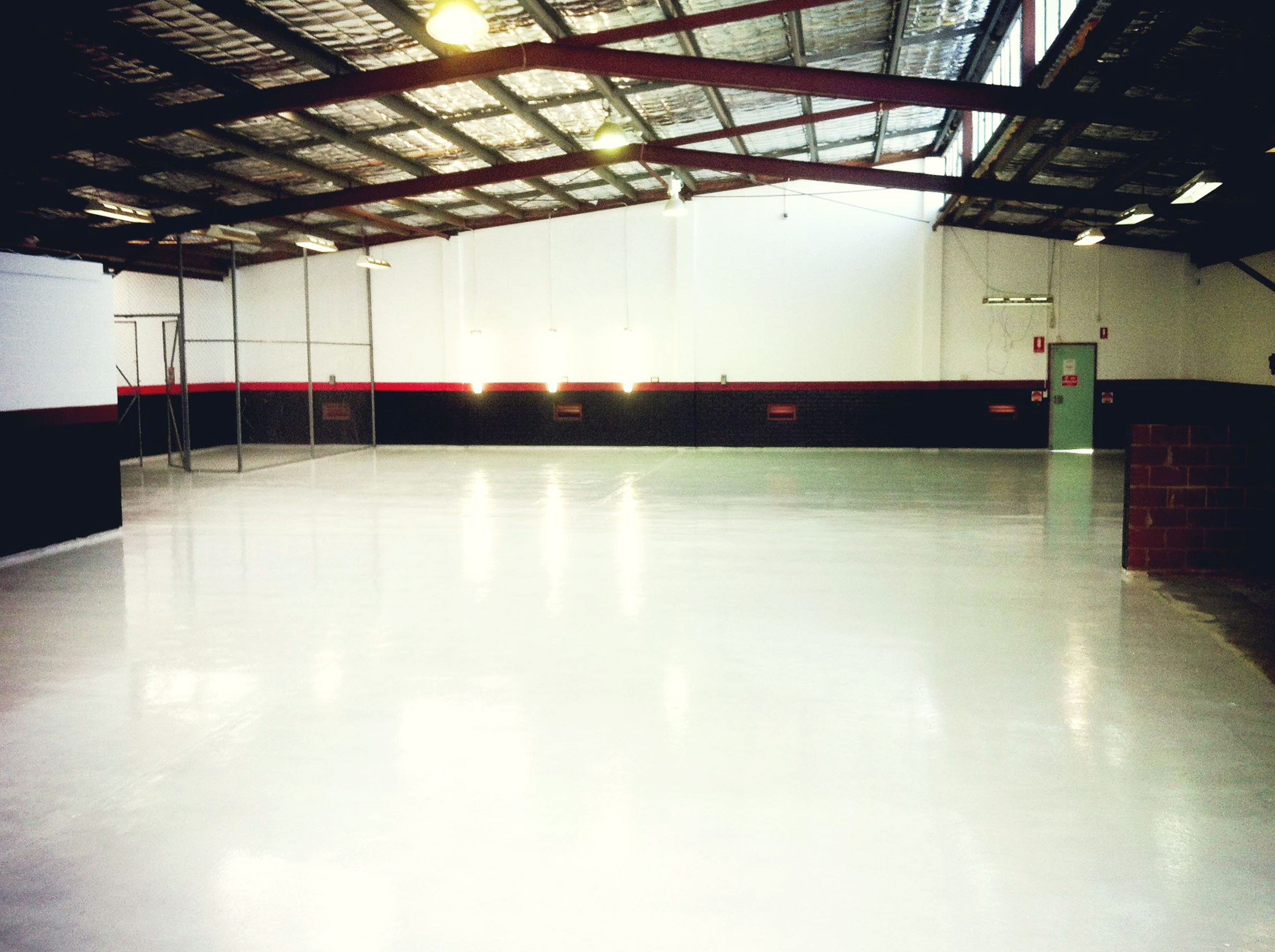6 External Sources of Concrete Moisture: What to Look for to Prevent Coating Failure

2018-05-30
Moisture is the single greatest factor in a floor coating’s enduring success. If the concrete you’re coating contains high levels of moisture, it doesn’t matter how good a job you do – the coating will fail.
So, it is vitally important to identify and mitigate potential sources of outside moisture that can cause a rise in the internal moisture conditions of concrete before coating its surface.
Here are 6 outside sources of concrete moisture to look for when assessing a potential project, according to this article by Jason Spangler of Wagner Meters:
1) Leaky pipes or water sources
Anywhere that water is directed through or near concrete can cause excess moisture if pipes are broken or damaged. Combine leaks with extreme temperature changes, and excess moisture can freeze, result in cracking, flaking, scaling and other cosmetic and structural flaws to the concrete.
2) Groundwater
If no engineered moisture vapor barrier was installed when the concrete slab was laid, groundwater—either because of a high water table or natural moisture levels in the surrounding area—can introduce moisture into the concrete anywhere the ground is in direct contact with it.
3) Inadequate grade
If natural runoff from rain, snow, sprinklers and more runs toward the building instead of away, you have a case of inadequate grade. Even if concrete is not in direct contact with the ground, it can be affected if moisture is able to wick up through adjacent materials in contact with the moisture at grade level.
4) Insufficient drainage
Related to ground water and grade, proper drainage is required to remove excess water. If drainage is poor, pooling or overflow will ultimately impact concrete and building materials in contact with it.
5) Condensation
Caused by significant difference between the temperature of concrete and its surroundings, if the temperature and moisture level of the concrete is below dew point, condensation will cause moisture to collect on the concrete surface which will slowly be absorbed.
6) High relative humidity
Like differences in temperature, if the air within the building space surrounding the concrete carries more humidity than the level of moisture within the concrete, the concrete will absorb moisture from the surrounding air.
Being aware of potential external sources of concrete moisture can improve lifetime success of a concrete coating. Test for moisture levels in concrete, and then consult with a flooring expert to plan the best approach. We can help, including choosing the right moisture mitigation system. Click here to chat with one of our experts in a complimentary, no-obligation consultation.
Latest News
How to Maintain Your Concrete Grinder
Gain Customers and Referrals in 4 Easy Steps
Ready for the Summer Rush? 4 Ways to Prepare
6 Cold Weather Safety Tips for Installers
How to Remove Salt Stains from Concrete
Testimonials
Every time I call I get to talk to someone, and I always have an answer within 20 minutes. That's awesome.
Client: Terry C.

